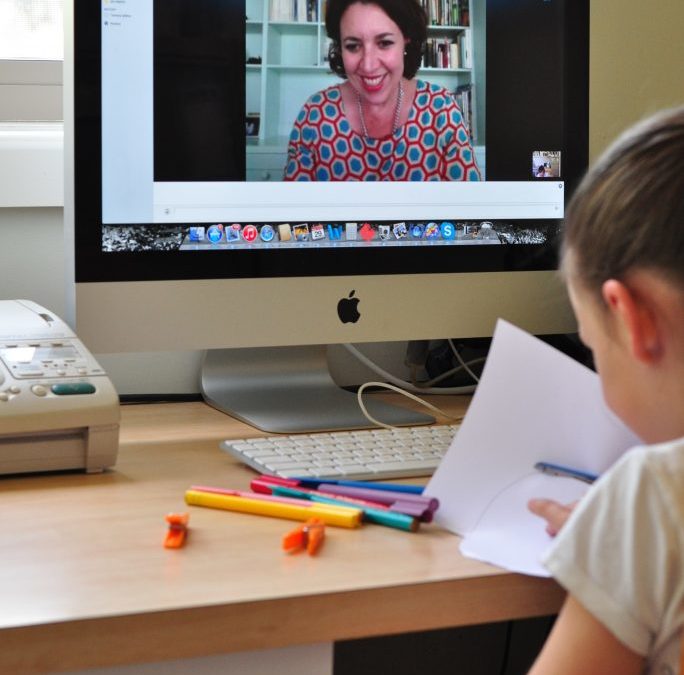As a dietitian working for Therapy Connect, my approach extends beyond traditional dietary advice – it’s about forming meaningful connections and adapting strategies to meet the unique needs of each client and family I work with. Like the rest of the Therapy Connect team of more than 80 allied health professionals, I work remotely and for me that looks a little different from most as I live on an island in the Indian Ocean which means I am three hours behind the East Coast on mainland Australia where Therapy Connect’s head office is…tough for some, I know! In this blog, I’ll share insights into how we handle complex nutritional challenges with children.

Building Family Capacity:
Much of my caseload is paediatric feeding difficulties including picky and fussy eating, global developmental delay and neurodevelopmental disorders. I work extremely closely with parents and caregivers to build capacity and provide coaching so that they are best positioned to support the child in the home environment.
Dietetics operates slightly differently from how Occupational Therapy and Speech Pathology sessions work. Our sessions are more focused on counselling and problem-solving.
I always like to bring an open mind, free of judgement, and take an empathetic approach to working with my clients so that clients and their families can be as transparent with me as possible.
When working with families, ask them to either take videos of their child’s mealtime for analysis or arrange sessions around mealtimes so that I can observe directly and offer strategies on the spot.
Setting Goals:
I like to make sure goal setting is clear and transparent. Goals need to be person-focused and individualised, so I like to use the guidance of my client to work out how I can best support them.
It’s important to revisit goals regularly in case they have changed for the family and to review if we are still on the same page and if we are making progress or not/what family motivation is like.
Connecting Online:
I find that it’s just as effective to build rapport with my clients through telehealth (online therapy) as it is in a face-to-face setting. For me, I do this by letting my clients know a little bit about me and where I am coming from, even where I am zooming in from on the day. I also like to spend time getting to know the client and their family, as it can help to set the scene from a dietetics perspective as well as help with rapport building.
In my experience, I have also developed a realist approach, which allows me to build trust with clients because they know the service they are getting is genuine, honest and supportive of nutritional needs or desires. I encourage clients to send me emails or text messages between sessions to celebrate any little wins along the way that we may experience!
Celebrating Progress:
I’ve been working with a family, meeting for online Dietetics sessions on a fortnightly basis. My client presents with ASD and pathological demand avoidance which has resulted in us navigating some key nutrition challenges and using strategies that go against what we normally recommend as dietitians to ensure a neuro-affirming approach for the client.
I have been working with my colleagues to brainstorm strategies for supporting this client and their family. We have trialled some strategies and learnt from things that haven’t worked to work towards our goal of maintaining nutritional adequacy and growth within the context of an extremely restrictive diet.
While our sessions are centred around the client, I meet with my client’s mum and engage their sister to participate so that everyone feels included and involved. By educating the support network, everyone feels empowered and we can make much more progress. I’m proud of the progress we are making.

Now it’s time for me to switch off and get back in the water to refresh! If you would like to join the Therapy Connect team, visit: https://therapyconnect.com.au/join-our-team/



